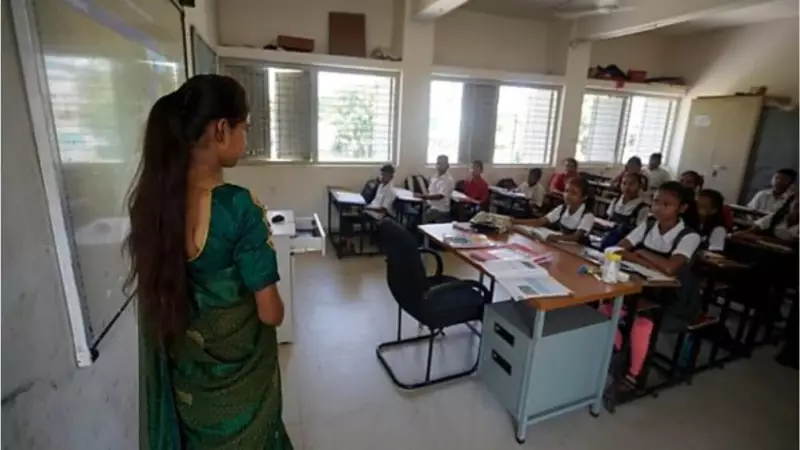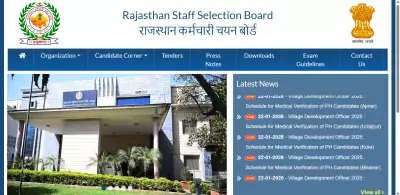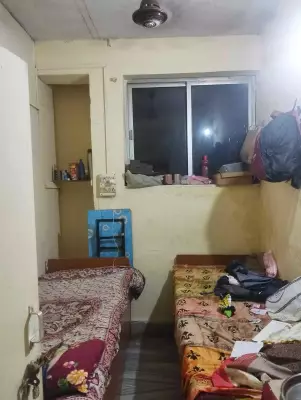
In a move that has sparked widespread debate across Maharashtra's educational landscape, the state government has issued a controversial directive requiring all teachers in Ashram Shala schools to clear the Teacher Eligibility Test (TET). This mandate, affecting thousands of educators dedicated to tribal students, has opened a complex discussion about educational standards versus practical implementation challenges.
The Certification Controversy
The Maharashtra education department's recent notification makes TET clearance compulsory for Ashram Shala teachers, bringing them in line with mainstream educational institutions. While government officials champion this as a step toward standardizing teacher quality, many educators and activists question the practicality of this decision.
Ashram Shala schools, which primarily serve tribal communities in remote areas, have long operated with a unique understanding of local needs and cultural contexts. The sudden imposition of standardized testing has left many experienced teachers feeling their years of specialized service are being undervalued.
Ground Realities and Implementation Hurdles
The mandate faces significant practical challenges that extend beyond mere certification:
- Many Ashram Shala teachers have dedicated decades to tribal education without formal certification requirements
- Remote school locations and limited access to preparation resources create unequal opportunities
- Language barriers and cultural specificity of tribal education aren't adequately addressed in standard TET examinations
- The transition period and support mechanisms for existing teachers remain unclear
Stakeholder Reactions and Concerns
Education activists and teacher unions have voiced strong concerns about the potential disruption this mandate could cause to tribal education. Many fear that experienced teachers who fail to clear TET might be displaced, creating instability in a system that already struggles with consistency.
Proponents argue that standardized qualifications are essential for ensuring quality education across all sectors. "Every child deserves equally qualified teachers, regardless of their background or location," stated one education department official who preferred to remain anonymous.
The Road Ahead for Tribal Education
As the debate intensifies, the fundamental question remains: how can Maharashtra balance the need for educational standards with the unique requirements of tribal education? The state government faces the challenge of implementing this mandate without disrupting the delicate ecosystem of Ashram Shala schools that have been educational lifelines for tribal communities.
The coming months will be crucial as teachers, administrators, and policymakers navigate this transition, with the academic future of thousands of tribal students hanging in the balance.





